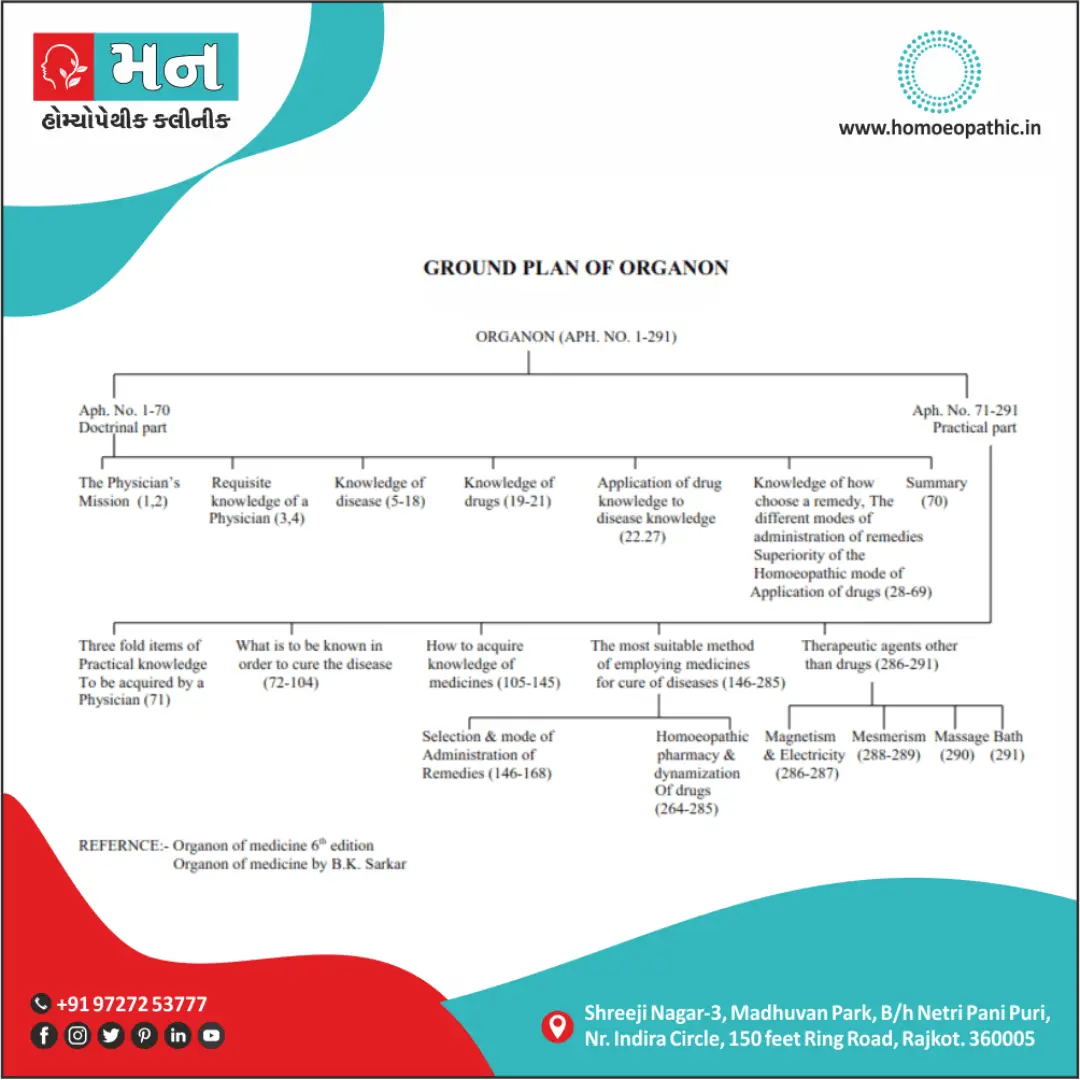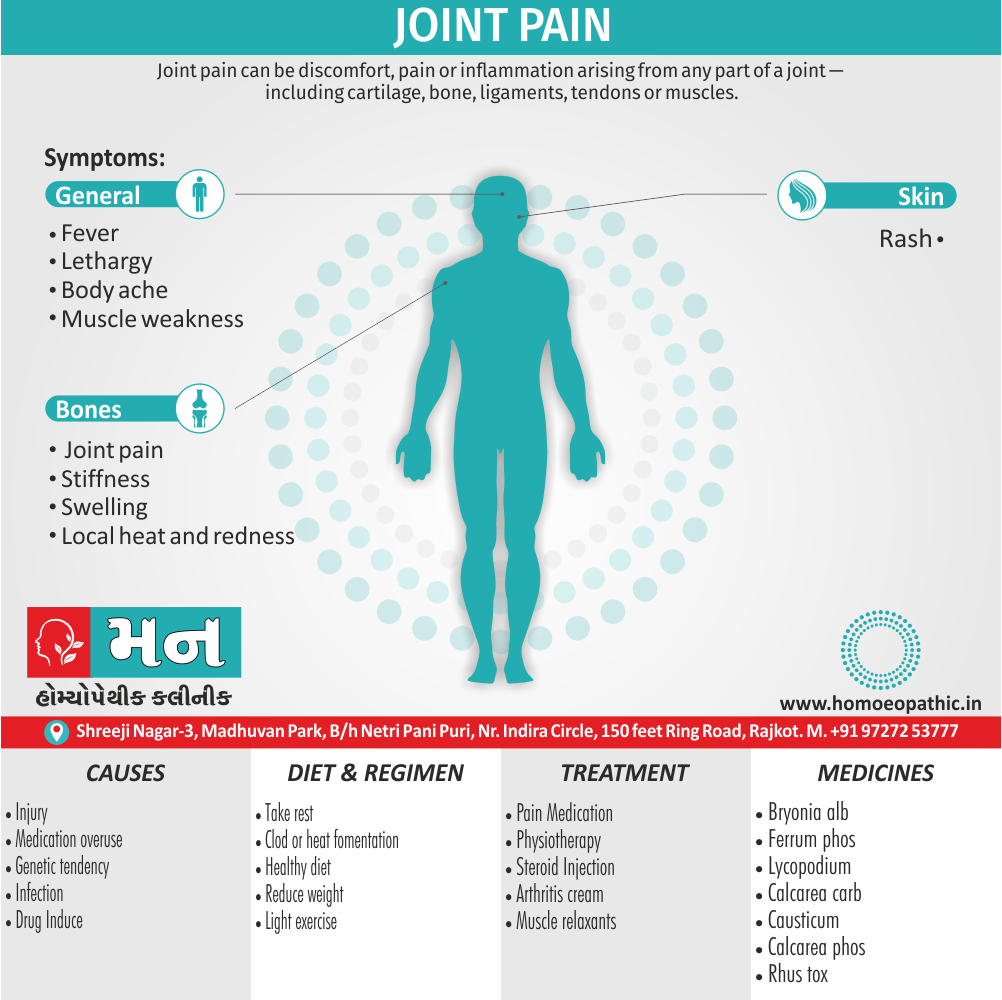Aphorism 106
Aphorism 106 § 106 Aphorism 106 : The whole pathogenetic effect of the several medicines must be known; that is to say, all the morbid symptoms and alterations in the health that each of them is specially capable of developing in the healthy individual must first have been observed as…




